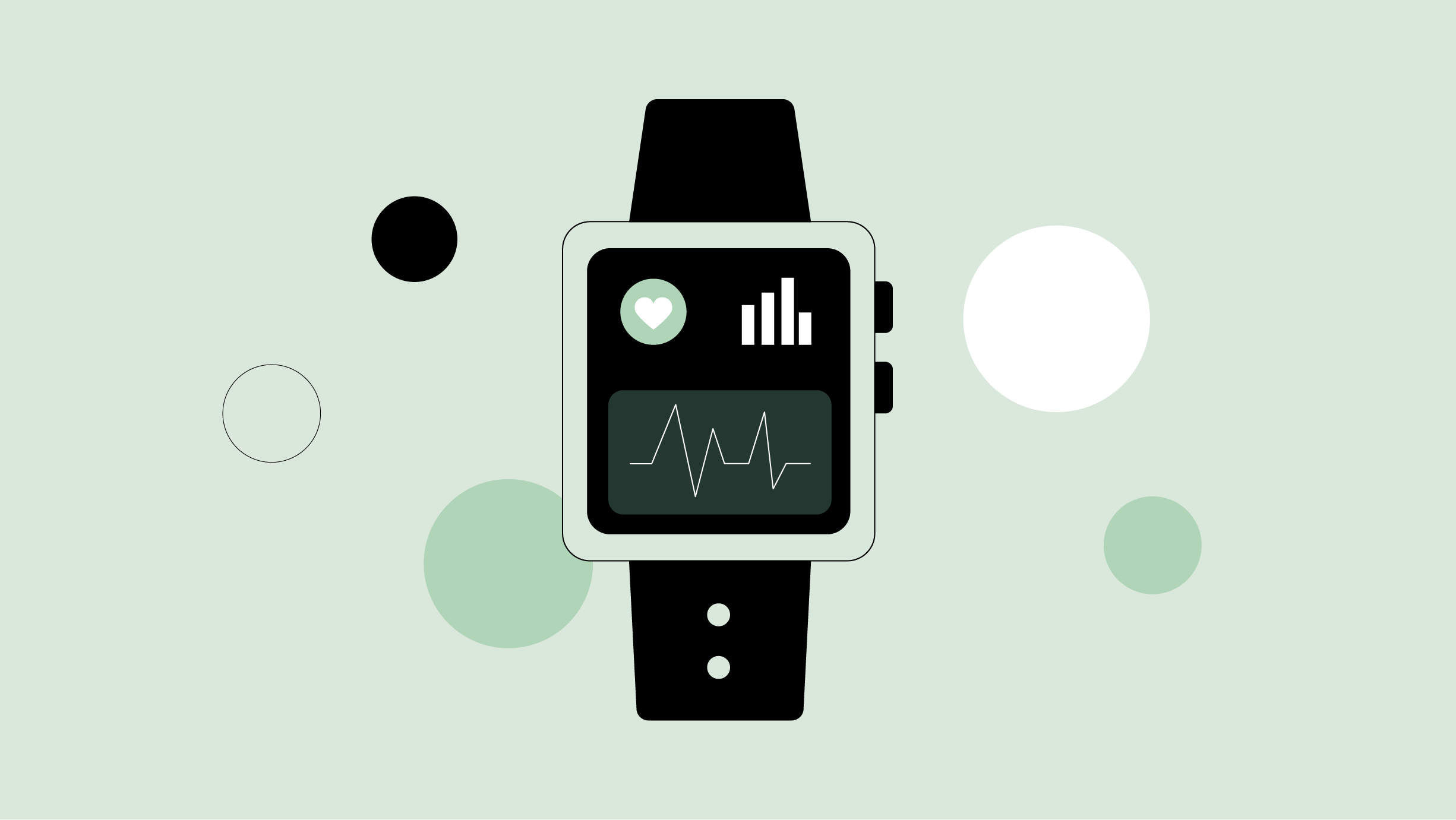What should I tell my care team before I take this medication?
They need to know if you have any of these conditions:
- Liver disease
- Low blood pressure
- Mental health conditions
- Migraines with fainting
- Type 1 diabetes
- An unusual or allergic reaction to bromocriptine, other medications, foods, dyes, or preservatives
- Pregnant or trying to get pregnant
- Breastfeeding
What may interact with this medication?
Do not take this medication with any of the following:
- Ergot alkaloids, such as dihydroergotamine, ergonovine, ergotamine, methylergonovine
This medication may also interact with the following:
- Alcohol
- Antiviral medications for HIV or AIDS
- Aspirin and aspirin-like medications
- Certain antibiotics for infection, such as chloramphenicol, clarithromycin, erythromycin, sulfa antibiotics
- Certain medications for fungal infections, such as ketoconazole or itraconazole
- Certain medications for mental health conditions
- Certain medications for migraine, such as almotriptan, eletriptan, frovatriptan, naratriptan, rizatriptan, sumatriptan
- Certain medications for Parkinson disease and related conditions, such as cabergoline, pramipexole, ropinirole
- Grapefruit juice
- Isometheptene
- Metoclopramide
- Phenylephrine
- Pseudoephedrine
- Probenecid
- Rifampin
- St. John's wort
- Stimulant medications for ADHD, weight loss, or staying awake
This list may not describe all possible interactions. Give your health care provider a list of all the medicines, herbs, non-prescription drugs, or dietary supplements you use. Also tell them if you smoke, drink alcohol, or use illegal drugs. Some items may interact with your medicine.
What should I watch for while using this medication?
Visit your care team for regular checks on your progress.
This medication may affect your coordination, reaction time, or judgment. Do not drive or operate machinery until you know how this medication affects you. Sit up or stand slowly to reduce the risk of dizzy or fainting spells. Drinking alcohol with this medication can increase the risk of these side effects.
A test called the HbA1C (A1C) will be monitored. This is a simple blood test. It measures your blood sugar control over the last 2 to 3 months. You will receive this test every 3 to 6 months.
Learn how to check your blood sugar. Learn the symptoms of low and high blood sugar and how to manage them.
Always carry a quick-source of sugar with you in case you have symptoms of low blood sugar. Examples include hard sugar candy or glucose tablets. Make sure others know that you can choke if you eat or drink when you develop serious symptoms of low blood sugar, such as seizures or unconsciousness. They must get medical help at once.
Tell your care team if you have high blood sugar. You might need to change the dose of your medication. If you are sick or exercising more than usual, you might need to change the dose of your medication.
Do not skip meals. Ask your care team if you should avoid alcohol. Many nonprescription cough and cold products contain sugar or alcohol. These can affect blood sugar.
Wear a medical ID bracelet or chain, and carry a card that describes your disease and details of your medication and dosage times.
Talk to your care team if you wish to become pregnant or think you might be pregnant. Talk to your care team before breastfeeding. Changes to your treatment plan may be needed.








